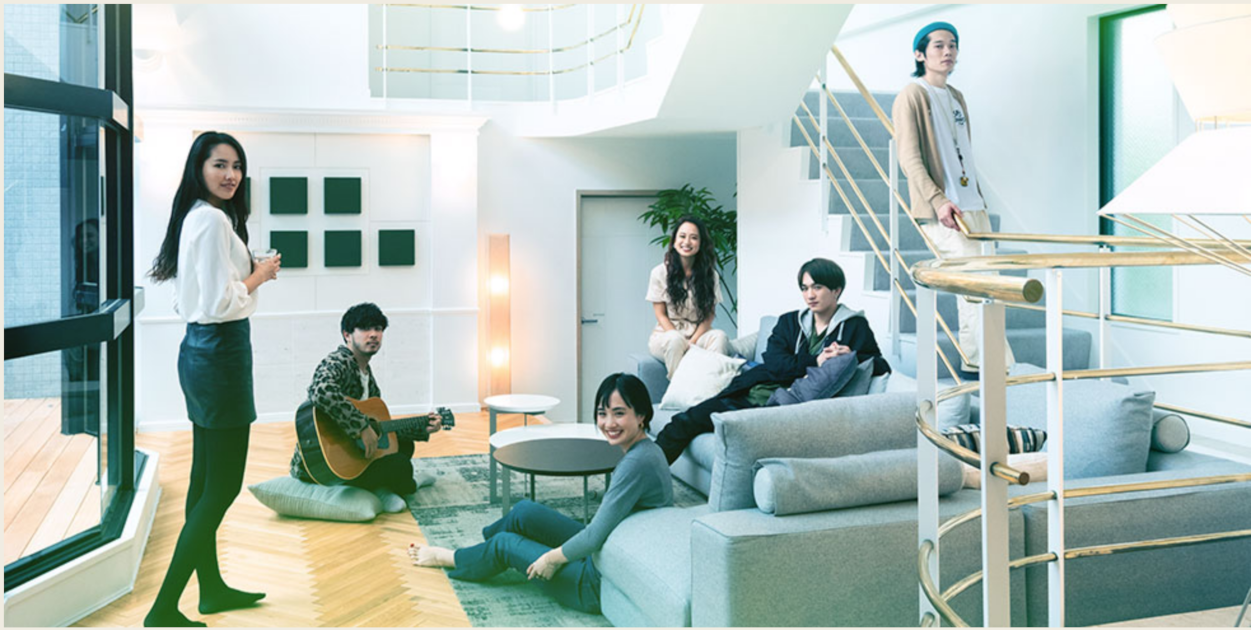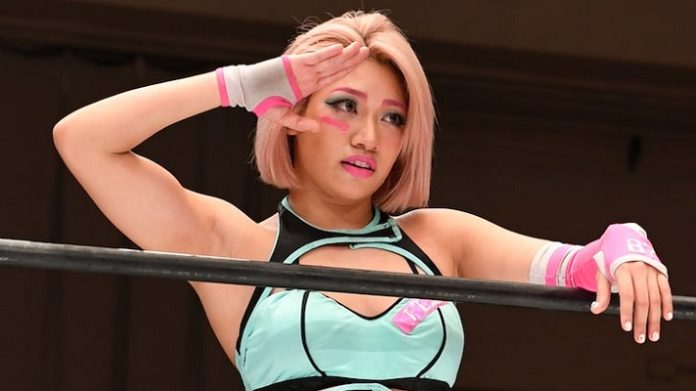It was in 2016 when I discovered the Japanese reality show Terrace House on Netflix. At the time, I was just looking for a new show to binge in the evenings when I’d come home from work and, because I was a lover of Japanese culture, I decided to give it a try (despite my aversion to reality television in general).
Needless to say, I was hooked. I’ve watched Terrace House religiously over the years—falling in love with the members, feeling irked at some, getting invested in the romances that blossomed, getting heartbroken when said romances fail, learning more about the Japanese dating culture, and just genuinely joining the fun of remembering its iconic moments.
Terrace House had that magnetic appeal—strange yet powerful, considering its slow pace (each episode covers an entire week at the house), the no-names that enter as house members, and how most of its scenes merely depict them eating together at the dinner table or working their day jobs. Because of this, it gets away with the sudden conflicts that would change the dynamic of members and the way we view them as an audience instantly, no matter how “staged” the arguments actually seem.
It gets away with it, and it only took this long for me to understand that it shouldn’t have.
Hana Kimura is a name that will forever haunt the cast members, the producers, and avid fans of Terrace House. She was a member of the latest season, Terrace House: Tokyo 2019-2020, and instantly stole hearts as a bubbly 22-year-old professional wrestler who had wanted to find love—the pure, genuine kind. She spent most of the episodes pining for someone much older than her who couldn’t reciprocate her feelings (and did a bad job at shutting her down), building this image of a young and naive girl who cried alone often in her room.
The empathy for Hana didn’t last long. In one of the last episodes filmed and aired before the COVID-19 pandemic halted production, viewers saw a side to Hana that they hadn’t before. After an accident in the laundry that caused her favorite wrestling attire to shrink, Hana expressed her anger towards her housemate and hit the hat off his head in frustration. Suddenly, animosity towards Hana bubbled and boiled, and she faced many derogatory and vile remarks online. Somehow, it didn’t come as a surprise for us. (Read that sentence again and let it sink in.)
Throughout the seasons of Terrace House, many members have also become the target of online hate simply because of their attitudes or petty quarrels or shocking incidents. Even I have specific members in mind that make my blood boil even if they’re actually good people, maybe. That’s what reality television does: present a biased and filtered view to spark a reaction they want from its audience. And, really, with a show that’s so mundane as Terrace House, it’s these petty quarrels that get people talking.
It gets us talking, as though we aren’t aware they’re only natural, as though we aren’t aware that they’re blown out of proportion, as though we don’t acknowledge that we’re only seeing one side of the story—the side that the television producers wants us to see.
And how does it affect the members in question? We never really know…until it happens.
It was May 23 when Hana was reported dead in an apparent suicide. Prior to that, she had left a note on her social media revealing the number of hate messages she’s been receiving every day. It was so sudden and so dreadful that I had a difficult time believing it was true for the next few days.
More than the cyberbullying problem in Japan, the unfortunate incident shed a light on how Terrace House dealt with issues like this and how it had been running its show since the very beginning. A few members have spoken out about the pressures of inciting conflict, of being coerced into saying or doing things they wouldn’t have done, and of being kept from interacting with one another when the cameras aren’t rolling. “It’s probably the least real reality show,” popular former member Lauren Tsai from Terrace House: Aloha State said to Metropolis Japan.
For some reason, I wanted it to be wrong. For some reason, I didn’t want to believe it. I had loved Terrace House so much—it brightened my days and kept me calm when the world weighed heavy on my shoulders—that I was willing to stay ignorant of its apparent shortcomings.
But it can no longer be this way, not when the show has now been marred by Hana’s passing. The love I had for Terrace House has morphed into a feeling of complete and utter shame.
I was embarrassed. I was enraged. I was broken, speechless, and disappointed by what is actually going on beyond what we see in Terrace House. Even more so, that I have unknowingly loved, patronized, and obsessed over a show that had bred and encouraged this culture of hatred and disingenuousness. For something that is branded as “natural,” “banal,” and “wholesomely authentic,” it thrives on showing the disparity between its members’ “true” selves and their public personas for the sake of having a plot twist. People couldn’t believe that sweet and pure Hana could be capable of aggression—and it’s all a story expertly weaved by the executives; a revelation withheld until it was the perfect opportunity. The fact is, Hana had probably always been a girl who was unafraid to speak her mind the way she did over her ruined wrestling suit; but this had been likely hidden away, only to be made use of when it benefits the showrunners most. And we, mere pawns of their game, played right into their hands, reacting the way they had wanted us to.
(ALSO READ: Social Media: Is it making us feel more connected or more alone?)
Hana’s death shattered the illusion of Terrace House‘s premise: that it is founded on the unscripted, unfiltered, and honest interactions of six strangers in their personal quests for self-improvement and deep romantic or platonic connections. Past the rubble, we see it for what it truly is: a carefully-constructed utopia under close scrutiny of social media where one’s being human, flawed and real, must be edited to save oneself from the vicious judgment of society.
It’s safe to assume that the fantasy of Terrace House is over. I will forever carry with me the joy and comfort of watching two people fall in love and of seeing well-deserving members achieve their dreams. I don’t regret having been pulled into its orbit, consuming its hour-long content every day. But I’ve now learned that peace shouldn’t be found in a medium that strips you of empathy. So, thank you Terrace House. But I will never watch you again.
Do you have a story for the WhenInManila.com Team? Email us at story.wheninmanila@gmail.com or send us a direct message at WhenInManila.com Facebook Page. Get the latest news about the Philippine Entertainment industry and join the WIM Showbiz Facebook group! We also share our stories on Viber, join us!







